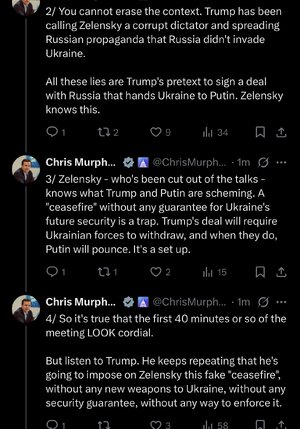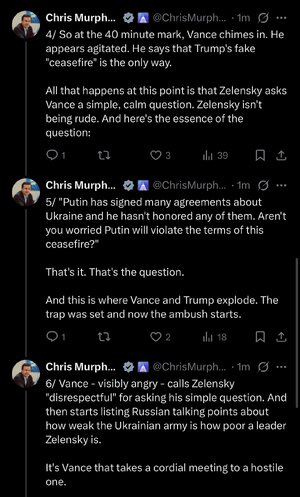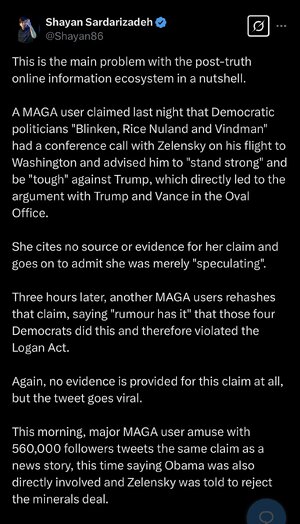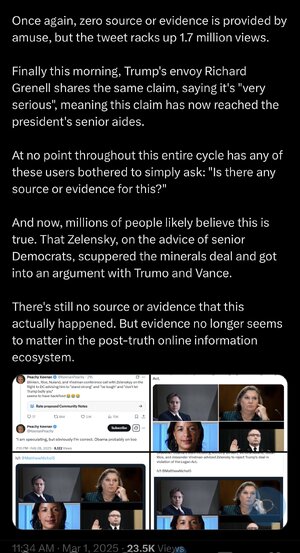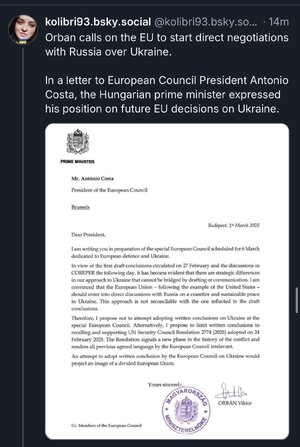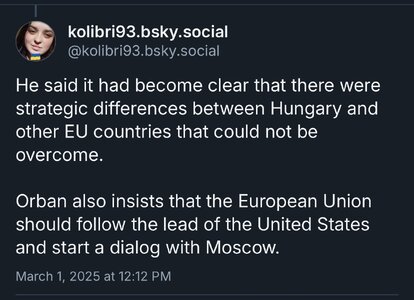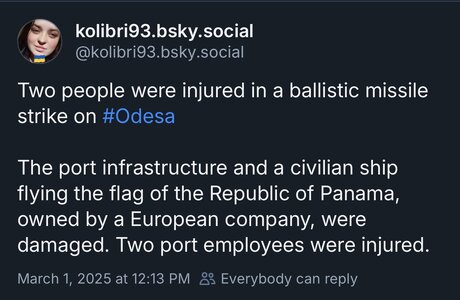“… The problem is not just that economic normalization and sanctions relief are some of the most coveted items on the Kremlin’s wishlist, behind only the annihilation of Ukrainian nationhood. Nor is it that sanctions relief and a return to business as usual would only give Moscow the
breathing space to rearm and try for Ukraine again, thus intensifying the security burden on a NATO and a Europe that has, in the space of less than two weeks, had to learn to
live without a U.S. security umbrella that had been happily unfurled for 75 years.
One big issue is that a U.S. pledge to restore economic relations means a relief in sanctions,
just when the United States and the West had finally managed to get Russia to a place where the curbs on energy exports, tech imports, and other money movements were finally paying dividends. Leverage, as Euclid elucidated centuries ago, means not losing sight of the sharp end of the stick.
That aside, the notion of Russia’s economy as an “investment prospect” is itself dubious. This is a place with 21 percent
interest rates, inflation that
is higher than what hurt former President Joe Biden, and labor and supply chain problems that would vex nimble economies, let alone sclerotic ones.
Couple that with the absolute lack of rule of law—Russia is a place where investments are placeholders, not assets; those who find themselves in favor with the Kremlin end up in resorts such as Sochi, while those who don’t
end up in Siberia—and you can see why U.S. businesses
have cold feet. That did not dissuade Rubio or Witkoff from dangling economic concessions, but then, this is a new, and seemingly naive, administration.
“Russia is a great first date. They show up looking like a million bucks, and then, of course, they lure you in, hand you to the tough guys and bureaucrats, and then work you over,” said Craig Kennedy, a former investment banker in Russia who is now at Harvard University’s Davis Center for Russian and Eurasian Studies.
Western companies—from automakers, to IT firms, to fast-food restaurants—
have fled Russia for the most part since Moscow’s full-scale invasion of Ukraine, though some, such as Air Serbia,
have stayed.
The costs for Russia are huge, while the costs for Western firms of either leaving or staying are even higher: Western firms had to either pay extortionate “exit fees” in the form of taxes on their way out or face the
threat of reprisals if they come back.
This is not the commodity-fueled, early 2000s Russian economy with a laptop and lap dance for everyone. …”


